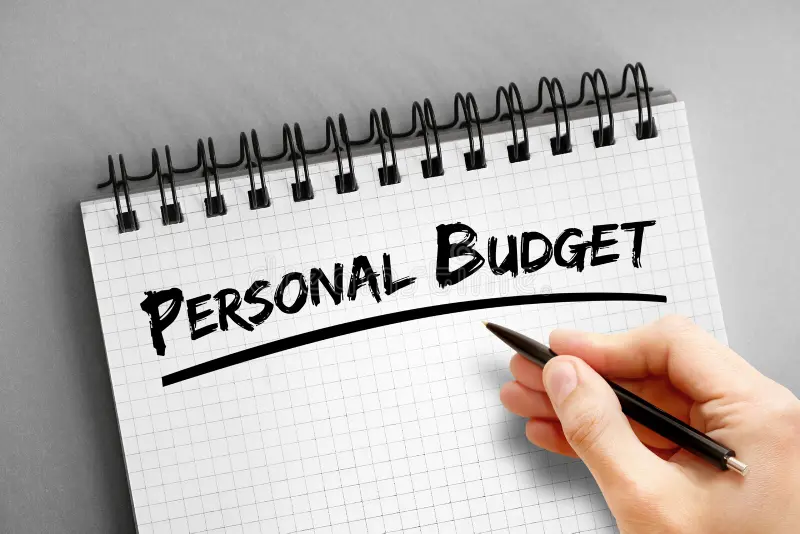Taking out a loan is one thing and repaying it is another thing entirely. The former is always is easier than the later especially when proper planning is not made. As Nigerians, we take loans for different reasons, whether it is to start a business, buy or build a house or sort out expenses. While securing it is relatively easy due to the several loan apps we have now, putting up the right strategy for payment is crucial.
This article will serve as guide on how you can set up the right strategy for effectively repaying loan in Nigeria. It details all you need to know to avoid financial pitfalls and maintain a positive credit history.
-
Have a Repayment Plan
It is very important to set up a repayment plan even before you collect the loan. This can be done by setting how much you will payback monthly or weekly depending on convenience. Knowing when payments are due will also help you do proper budgeting.
-
Make Timely Payments
I that know it is not always convenient paying back loans however, to avoid paying unnecessary fees and interests on late payments, it is advisable you pay promptly. Late payments can also affect your credit score and affect future borrowing. Set up reminders to help you avoid late payments.
-
Do Proper Budget
When working on your budget, it will be wise to incorporate your loan repayments. Before you get any loan, you should be sure that your monthly income is enough to settle your loan and other necessary expenses.
-
Read the Terms and Conditions
No matter how desperate you are to get the loan, you should take time to read and have a proper understanding of the terms and conditions of your loan before acquiring it. Take time to thoroughly review the interest rates, fees, and any penalties for early repayment.
-
Have an Emergency Fund
In life, we are always going to be confronted with unexpected expenses and having an emergency fund often goes a long way in helping to attend to such needs. Setting up an emergency fund will not only help you to cover emergencies but reduce the likelihood of missing loan payments due to financial emergencies.
-
Consider additional payments
If you have extra money, consider making additional principal payments on your loan. This can help you pay off your loan faster and reduce the overall interest rate you pay.
-
Contact your lender
If you anticipate having difficulty making payments, contact your lender as soon as possible. They may be able to offer temporary solutions or alternative payment terms.
-
Monitor your credit report
Check your credit report regularly to ensure loan payments are reported accurately. Promptly dispute any inaccuracies.
-
Don’t ignore the loan
Ignoring your loan obligations won’t make them go away. This will only result in late fees, penalties, and damage to your credit score. Avoid borrowing to pay off other loans Taking out new loans to pay off existing loans can lead to a cycle of debt that is difficult to escape. Avoid this practice whenever possible.
-
Don’t skip payments
Missing payments or intentionally skipping payments can seriously affect your credit score and make it difficult to get a loan in the future.
-
Avoid extending the loan term
While it may lower your monthly payments, extending your loan term can increase the total interest paid over the life of the loan. Only consider this option if you have no other options.
-
Don’t ignore your financial situation
If your financial situation changes (e.g. job loss or reduced income), don’t ignore it. Seek financial advice and explore available options, such as loan restructuring or deferment.
-
Don’t ignore loan reports
Review your loan statements regularly to ensure accuracy and track your repayment progress. Report any discrepancies to your lender.
-
Avoid paying just the minimum
If you can afford to pay more than the minimum required, do so. Paying only the minimum will lengthen the term of the loan and increase the total amount of interest paid. .
Debt repayment is an important aspect of responsible financial management in Nigeria. Following the dos and don’ts outlined in this article can help you maintain a positive credit history, avoid unnecessary fees and penalties, and ultimately reach your goals finances while susccessfully repaying debt.






